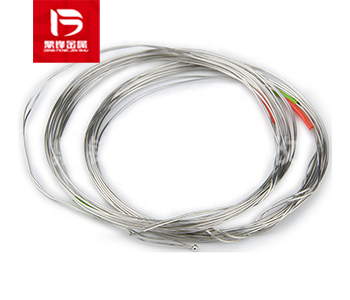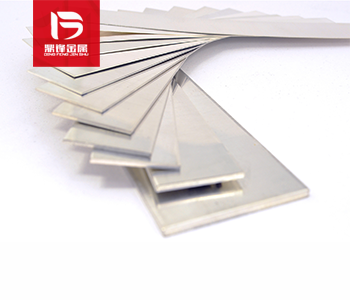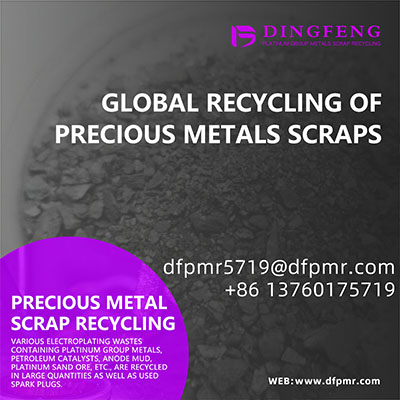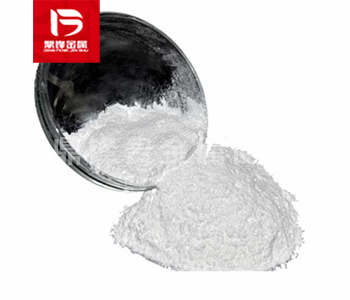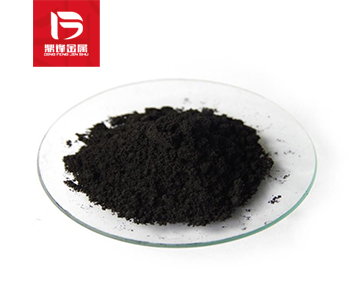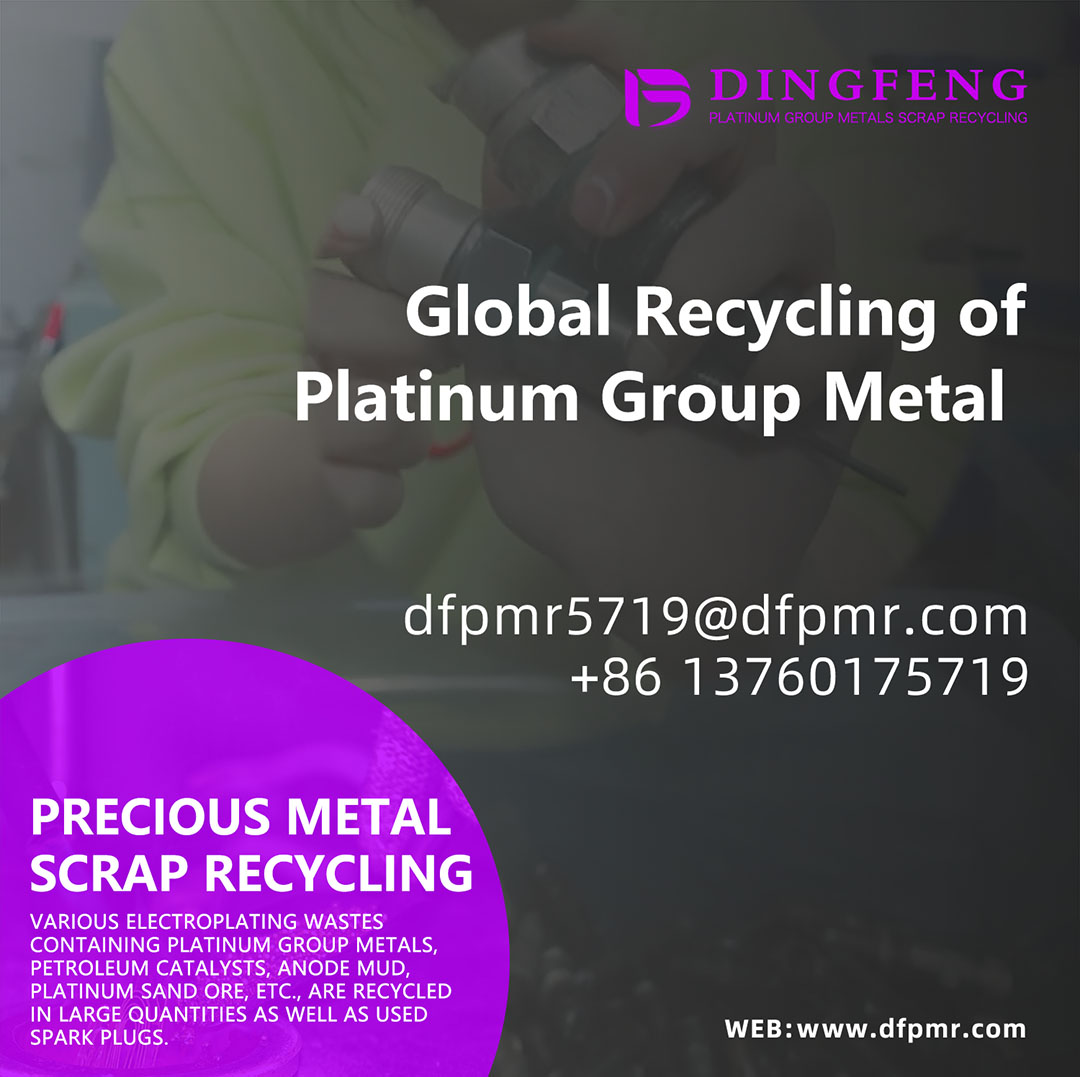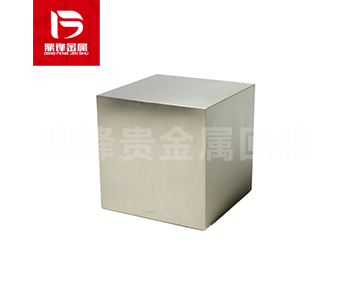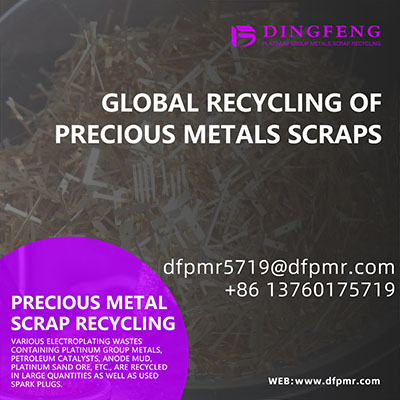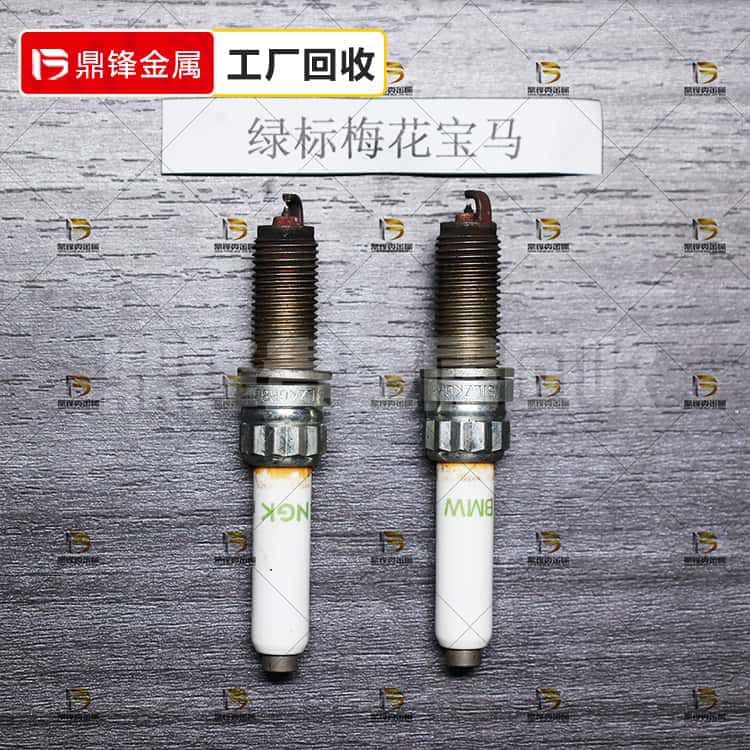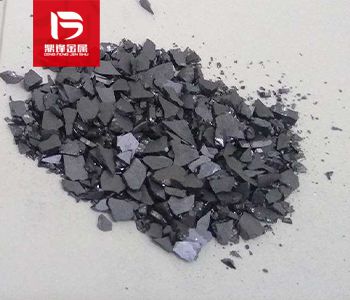Platinum Scrap Recycling: A Sustainable Pathway for Industry and the Environment
Platinum is one of the most valuable precious metals in the world, widely used in industries ranging from automotive to electronics, jewelry, chemical production, and medical technology. However, due to its limited natural reserves and high extraction costs, platinum recycling has become increasingly important. Recycling platinum scraps not only provides a steady supply of this rare resource but also reduces environmental damage and supports global sustainability efforts.
Product Details
Platinum is one of the most valuable precious metals in the world, widely used in industries ranging from automotive to electronics, jewelry, chemical production, and medical technology. However, due to its limited natural reserves and high extraction costs, platinum recycling has become increasingly important. Recycling platinum scraps not only provides a steady supply of this rare resource but also reduces environmental damage and supports global sustainability efforts.

Sources of Platinum Scraps
Platinum scraps come from various industries and consumer products, such as:
Automotive catalytic converters – Catalytic converters contain platinum-group metals (PGMs), including platinum, which are essential for reducing harmful vehicle emissions.
Jewelry and watchmaking – Worn-out or damaged platinum jewelry can be refined to recover high-purity platinum for reuse.
Electronics and electrical equipment – Platinum is found in hard disks, sensors, and connectors due to its durability and conductivity.
Chemical and petroleum industries – Platinum catalysts used in refining and chemical production eventually wear out and enter the scrap stream.
Medical instruments and devices – Certain surgical tools and implants contain platinum for its biocompatibility.
By collecting and recycling these sources, industries reduce their dependence on newly mined platinum.
Recycling Process of Platinum Scraps
The recycling process involves several technical steps to ensure maximum recovery and purity:
Collection and Sorting
Scrap materials are collected and classified according to their source and platinum content. Proper sorting ensures efficient downstream processing.Pre-Treatment
Contaminants such as coatings, oils, and other metals are removed to prepare the scrap for refining.Smelting and Separation
Scraps are melted under controlled conditions. Advanced methods are used to separate platinum from base metals and impurities.Chemical Refining
Chemical processes such as aqua regia dissolution or electrorefining are applied to extract platinum in its pure form.Recovery and Purification
The final stage ensures that the recycled platinum achieves a high level of purity (often 99.9%), making it suitable for reuse in demanding applications.
Economic Benefits of Platinum Scrap Recycling
Recycling platinum offers strong financial advantages:
Lower Costs Compared to Mining – Extracting platinum from natural ore is complex, expensive, and energy-intensive. Recycling uses far fewer resources.
Stable Supply for Industries – Recycled platinum helps stabilize supply chains, protecting industries from shortages and price volatility.
Global Trade Opportunities – Platinum scraps are highly valuable and can be traded worldwide, supporting a strong recycling economy.
For businesses, selling platinum scrap to professional recyclers ensures fair compensation while contributing to sustainable resource use.
Environmental Advantages
Recycling platinum scraps also plays a critical role in environmental protection:
Conserving Natural Resources – Reduces the need for mining in sensitive ecological areas.
Lower Carbon Emissions – Recycling uses less energy, significantly cutting greenhouse gas emissions compared to mining.
Waste Reduction – Prevents platinum-bearing products from ending up in landfills, where they would otherwise go unused.
The Role of Dingfeng Precious Metals
At Dingfeng Precious Metals, we specialize in the recovery and recycling of platinum scraps with advanced refining technology. Our processes maximize metal recovery rates while maintaining high purity standards, ensuring that recycled platinum can be reintegrated into global industries.
We provide:
Competitive pricing for all forms of platinum scrap.
Professional testing and analysis to determine exact precious metal content.
Secure, transparent, and efficient global transactions.
Platinum scrap recycling is not only a profitable activity but also a vital step toward environmental responsibility. By refining and reintroducing platinum into industrial cycles, we reduce reliance on mining, protect natural ecosystems, and strengthen the global economy. Businesses and individuals holding platinum scrap can contribute to this sustainable effort while gaining fair returns.
At Dingfeng Precious Metals, we are committed to delivering reliable, professional, and environmentally responsible recycling services for platinum scraps worldwide.


